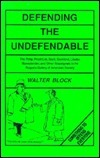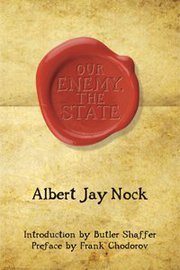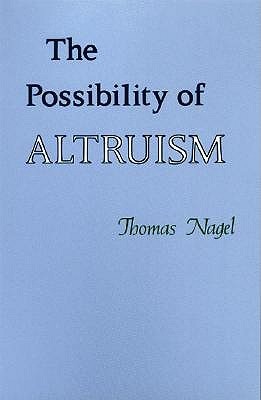
Anarchy, State, and Utopia
Book Description
Imagine a world where freedom reigns, yet chaos looms at every corner. Robert Nozick’s *Anarchy, State, and Utopia* challenges the very foundations of political philosophy, dissecting the delicate balance between individual liberty and societal order. With razor-sharp arguments, it explores the tension between the minimal state and the sprawling utopia, igniting a compelling debate that questions the legitimacy of government itself. Every page turns a new leaf in the quest for justice, equality, and autonomy. As ideas collide and philosophies clash, one powerful question emerges: What is the true price of freedom in the face of relentless anarchy?
Quick Book Summary
Robert Nozick’s "Anarchy, State, and Utopia" is a seminal work in political philosophy that fiercely defends libertarianism. Nozick begins by evaluating theories that oppose the state and outlines how a minimal state—limited to the protection of individuals against force, theft, and fraud, and the enforcement of contracts—can arise legitimately without violating individual rights. He criticizes the distributive justice theories, particularly those of John Rawls, arguing that redistributive taxation is morally equivalent to forced labor. Nozick champions a rights-based framework where individuals have inviolable rights, rendering most forms of government intervention unjust. Ultimately, he discusses the limits of the state and speculates on utopian communities, proposing that a framework respecting individual choices is both just and feasible.
Summary of Key Ideas
Table of Contents
The Legitimacy of the Minimal State
Nozick opens his argument by considering anarchist objections to the state, positing the challenge of justifying state authority without trampling individual rights. He proposes that while a fully anarchic society lacks predictable order, a minimal state can evolve from a system of private protective associations. This state emerges not via coercion, but through a series of voluntary interactions and mutual agreements, thus retaining moral legitimacy. It is afforded no broader mandate than the prevention of force, theft, and breach of contract—anything more would overstep the bounds of individual liberty.
Critique of Distributive Justice
A key part of Nozick's critique is directed at theories of distributive justice, especially John Rawls’ difference principle. Nozick disputes the assumption that resources are a communal pool to be distributed according to some patterned principle. He asserts that redistributive taxation, even for seemingly just causes, amounts to forced labor, as it appropriates the results of one’s labor for use by others without consent. According to Nozick, justice should focus on the process by which holdings are acquired and transferred, not on the outcomes or patterns themselves.
Individual Rights and State Power
Central to Nozick’s argument is his entitlement theory of justice, which posits that holdings are just if acquired, transferred, or rectified in accordance with three principles: justice in acquisition, justice in transfer, and rectification of injustice. This rights-based approach eschews any designed end-state, allowing for significant inequality if it arises through voluntary action. Attempts to impose a chosen distribution must necessarily interfere with individual rights, violating each person’s sovereignty over their own life and labor.
Entitlement Theory of Justice
Nozick emphasizes the moral limits of state power, insisting that individual rights set boundaries that cannot be crossed for the sake of utility or even equal distribution. He argues that any move beyond the minimal state—such as welfare programs, paternalistic laws, or social engineering—requires coercion and is therefore unjust. This framework privileges liberty over social outcomes, holding that each person is a self-owner whose rights cannot be violated for greater collective goods.
Utopia through Voluntary Association
The book concludes with a discussion on utopian theorizing, where Nozick imagines a society that maximally enables individuals to form voluntary associations—in effect, a ‘meta-utopia’ of diverse, self-selecting communities. Rejecting a monolithic vision of the good life, he suggests that the minimal state offers the broadest possible framework for individuals to pursue their own conceptions of happiness, justice, and community, thus creating a pluralistic and dynamic social landscape.
Download This Summary
Get a free PDF of this summary instantly — no email required.





